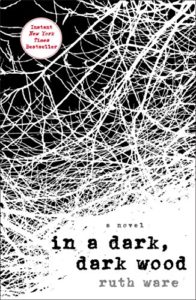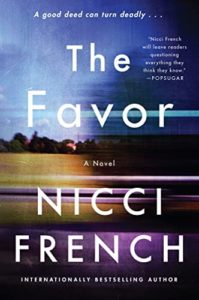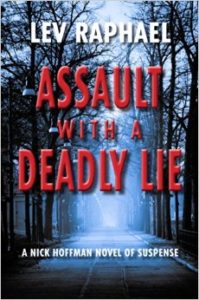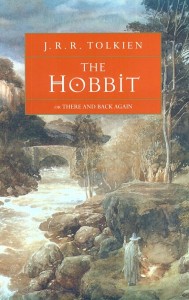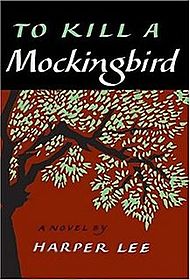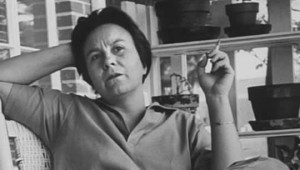As a crime fiction reviewer, I’ve often had to say, “Sorry, I haven’t read it” when people ask me about a new book. The reasons can vary. I might be swamped with review copies. I might not have been in the mood for that particular book after sampling it. Or I might be wary of the publicity blitz around the book since I’ve seen so many crime novels over-hyped by publishers and been disappointed when they turn out clichéd or badly written.
But then it’s a wonderful surprise to pick up a book with thousands of reviews on Amazon and Goodreads and discover that it truly lives up to the promotional material. This past week I finally caught up with Ruth Ware’s gripping debut In a Dark, Dark Wood.
After an enigmatic brief prologue, the book opens in a hospital with Leonora, a heroine who can’t remember how she got there but has hands sticky with blood. Something horrible has clearly happened. Is she a murderer? She’s desperate to regain her memory and for much of the book that struggle is a dark, dark thread.
How did she end up in the hospital? Well, because she should have said no to a bizarre invitation. Leonora, a crime writer herself, has led a solitary life for a decade after university for undisclosed reasons but readers know they’ll find out and will surely hope there’s high drama involved. The invitation breaks into her solitude: it’s for what the English call “a hen party” and Americans call a bachelorette party. Weirdly, she hasn’t been invited to the wedding itself and it takes some coaxing from a friend of hers and the bride’s to say “yes.”
The party is hours from London, very remote, in a big, isolated, ugly ultra-modern house. Though it’s not haunted, it has far too many large, un-curtained windows and is surrounded by bleak forest. Everything about it is oppressive, creepy, and exposed. Tensions soon rise among the motley group of partiers and what seems at first to be an Agatha Christie homage turns violent and bloody.
In the second half of the novel we learn what drove her and her bride-to-be friend apart and while some of the revelations aren’t as surprising as you might wish, they fall into place in a satisfying way. Ware is deft at building tension, evocatively describing people and places, and the book is explosive in many ways. It’s also intriguing to read about a crime novelist caught up in a series of mysteries, a woman who might be a murderer herself. And a woman who by all rights should have been far more wary and suspicious from the start. When you read a Christie novel, a great deal is revealed in dialogue and readers of this novel should pay close attention to what characters say if they want to figure out what’s really going on in this taut, enticing novel.
Lev Raphael has reviewed for The Washington Post, The Detroit Free Press and other newspapers and public radio stations. He’s the author of ten Nick Hoffman mysteries.

